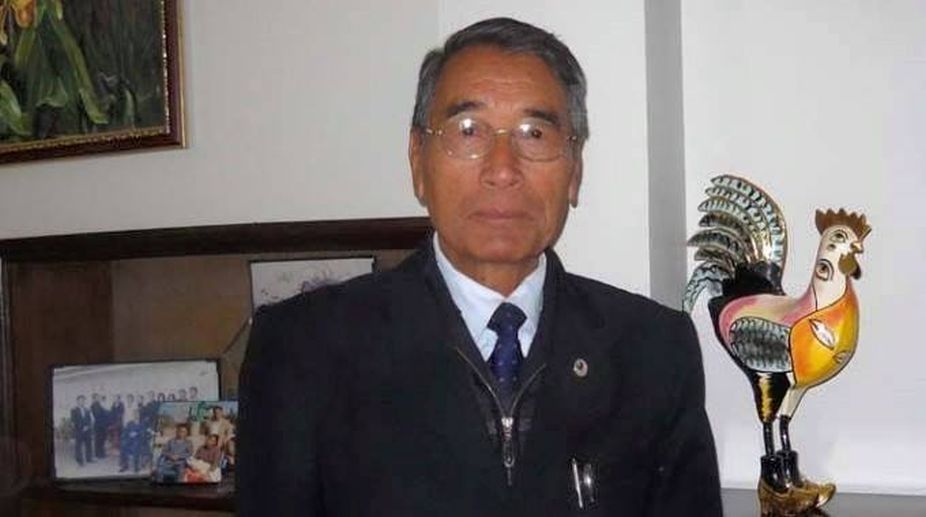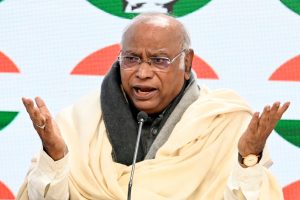Nagaland’s new chief minister, sworn in on Wednesday, is none other than the ruling Naga People’s Front president, 81-year-old Shurhozelie Liezietsu. A veteran politician, he took over from TR Zeliang, who had to step down for trying to trifle with Naga customary law that forbids women’s participation in any decision-making body.
Had he obliged the Nagaland Tribe Action Committee and the Joint Action Committee’s plea to postpone polls to the local urban bodies (on 1 February) to enable them to further discuss the matter, Zeliang may have been able to save his chair. The leaders of the two organisations had said they were not against the election being held, but their ire was against reservation of 33 per cent seats for women.
Nagaland enjoyed comparative political stability when Neiphiu Rio was chief minister from 2003 to 2014 though, at one point of time, the state had to be brought under a short spell of President’s rule. Rio quit to contest the parliamentary election and is now the state’s lone MP.
He could have been the natural choice to take over from Zeliang but for the fact that he is under suspension for anti-party activities. It is not surprising that Shurhozelie said he became the chief minister because of circumstances, would not stick to the post for long and make room for the younger generation. Rio made the big mistake of quitting when he was in his third term, his ambition then was to become a Central minister.
When that did not materialise, he started dabbling in state politics and also supported the dissidents against Zeliang.
The NPF-led Democratic Alliance of Nagaland led by Zeliang took office in June 2014 but within six months his government turned shaky when 11 of his ministers deserted him, expressing lack of confidence in his leadership.
They also accused him of financial mismanagement and arbitrarily appointing MLAs as chairpersons of various government corporations, just to keep them in good humour.
An astute politician, adept at defending his post, Zeliang sought a trial of strength on the floor of the House and luckily for him the entire eight-member Congress opposition voted as a bloc in his favour. Little wonder all of them were suitably rewarded and later merged with the NPF.
His government also included four BJP members. He claimed it was done for the sake of unity and for early settlement of the Naga problem. Zeliang’s position was always shaky with the dissidents constantly in action, their objective being not to break the government, but to seek a change in leadership. Whether Shurhozelie’s entry will end dissident activity remains to be seen.










